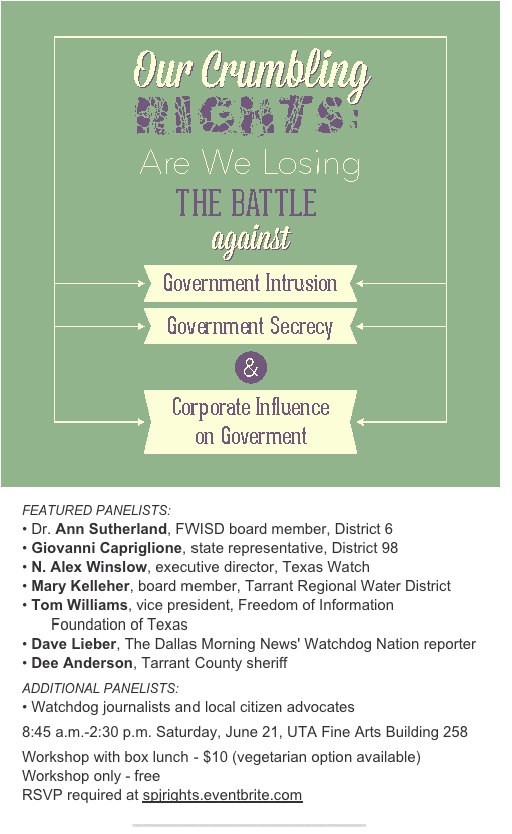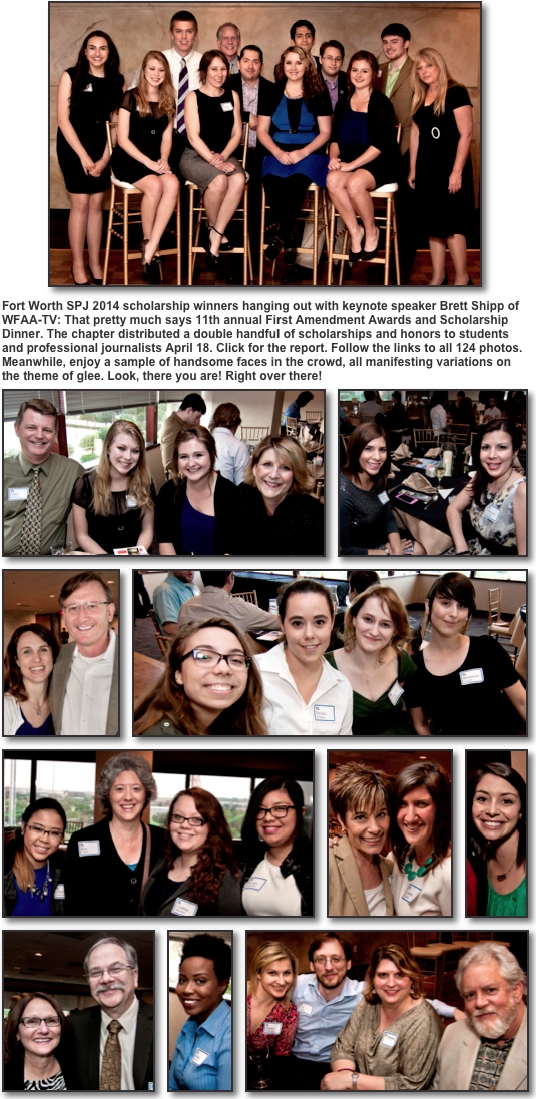
JUNE 2014



Next month: When PR is the Star!
Scenes from the 3rd annual Worthy Awards Gala
Scenes from the 3rd annual Worthy Awards Gala
THIS MONTH IN PR/MARKETING HISTORY BY JEFF RODRIGUEZ
An irreverent look at the people and events that keep us up at night
All the News That Gives Them Fits
Unauthorized Release of Classified Government Documents Provoked Controversy and
Lawsuits; Sound Familiar?
Thirty-three years ago this month The New York Times published an article titled
"Vietnam Archive: Pentagon Study Traces Three Decades of Growing US
Involvement." It was the first installment in a nine-part series, and what a
series it would be: On the Richter Scale of political embarrassments, this one
was double digits. But publishing the Pentagon Papers was never a certainty. It
also created a firestorm about national security vs. the public’s right to know that rages still.
The man behind the study, Defense Secretary Robert McNamara, supposedly wanted to help future presidents avoid the mistakes made by the Lyndon Johnson and John F. Kennedy administrations. While that may seem noble, it’s instructive that McNamara was rather secretive about his initiative. He did
not involve the Defense Department’s historians or even tell President Johnson about it. Perhaps he intended it as
a surprise gift for LBJ’s re-election.
But Johnson didn’t have a next term, and McNamara left the department in 1968. The study was
finished in January 1969, a few days before Richard Nixon’s inauguration. “United States – Vietnam Relations, 1945-1967: A Study Prepared by the Department of Defense” at roughly 7,000 pages should have included the warning, “Do not lift without proper back support.” It also was marked “Top Secret – Sensitive,” and for good reason.
Among the disclosures: The U.S. had helped orchestrate the coup of the former
South Vietnamese president. The U.S. had secretly conducted bombing raids in
Cambodia and Laos, and conducted activities intended to provoke North Vietnam
into war. The real purpose of the war was not to aid South Vietnam but to
contain Communist China. Perhaps most significant, the government knew early on
that the war probably could not be won and that the primary reason for
continuing it was to avoid a humiliating defeat.
As bad as all this was, it still might have taken years for the Pentagon Papers
to come to light if not for a military analyst who worked for the Rand Corp. Daniel Ellsberg contributed to the report but also had grown disillusioned with the war and had
begun attending anti-war protests. Eventually, he concluded that the war must
be stopped, and with the Pentagon Papers he had a very big speed bump. The only
question was how to get the documents distributed.
Ellsberg and a Rand colleague made copies of the study, which must have been en
epic undertaking in itself. He approached a couple of senators and scholars
without success and eventually shared the material with Times reporter Neil Sheehan, who promised to keep the study confidential, then — imagine this — broke his promise.
The Times began publishing excerpts Sunday, June 13, 1971. Nixon’s initial reaction was mostly a shrug; it was not his administration that was
being embarrassed. However, Henry Kissinger, Nixon’s national security adviser and later secretary of state, thought that if they
did not oppose the publication, it would set a precedent for future breaches of
national secrets. What’s more, he thought Ellsberg had violated the Espionage Act, which would be a
felony.
continued on p. 3











